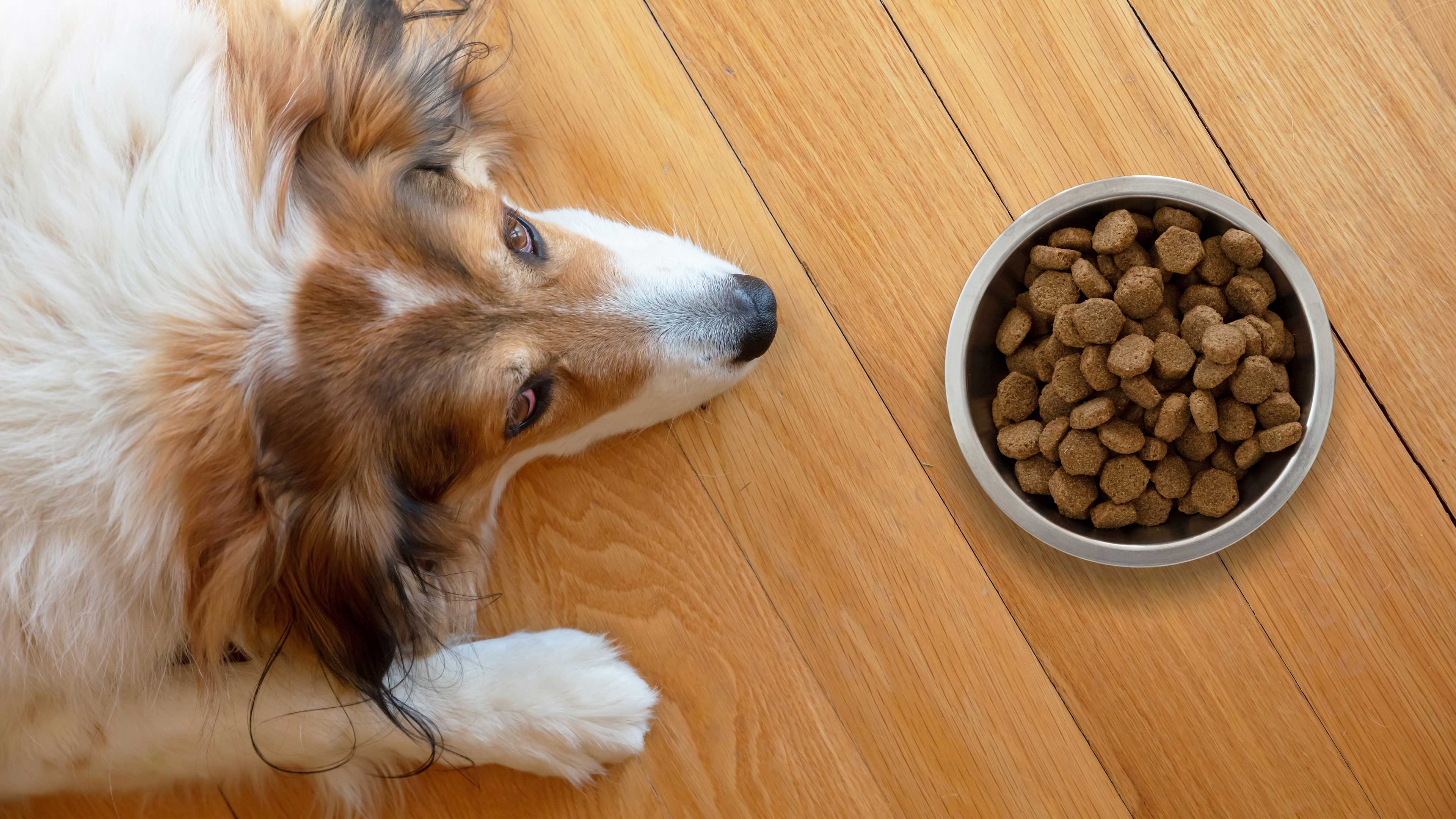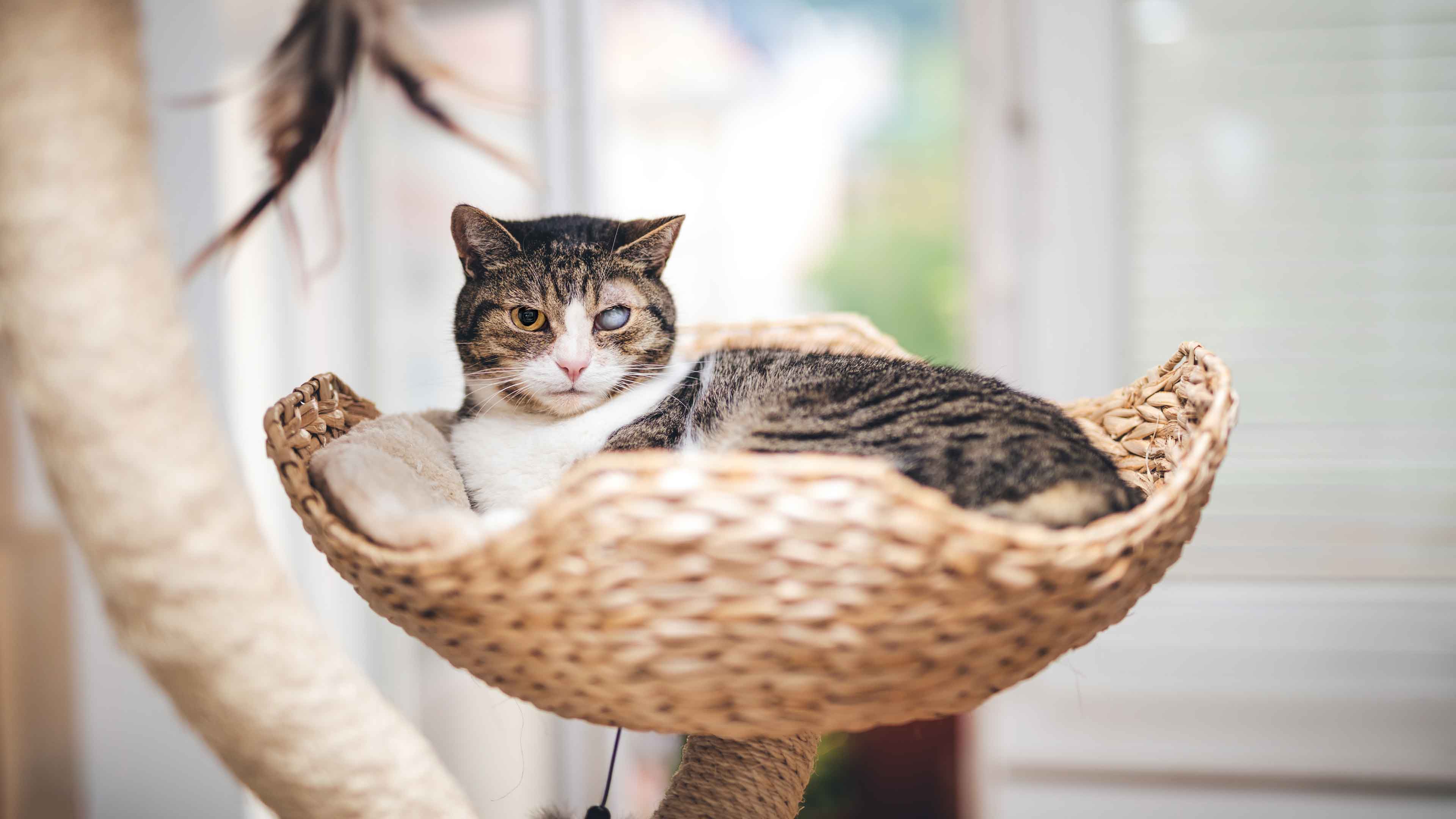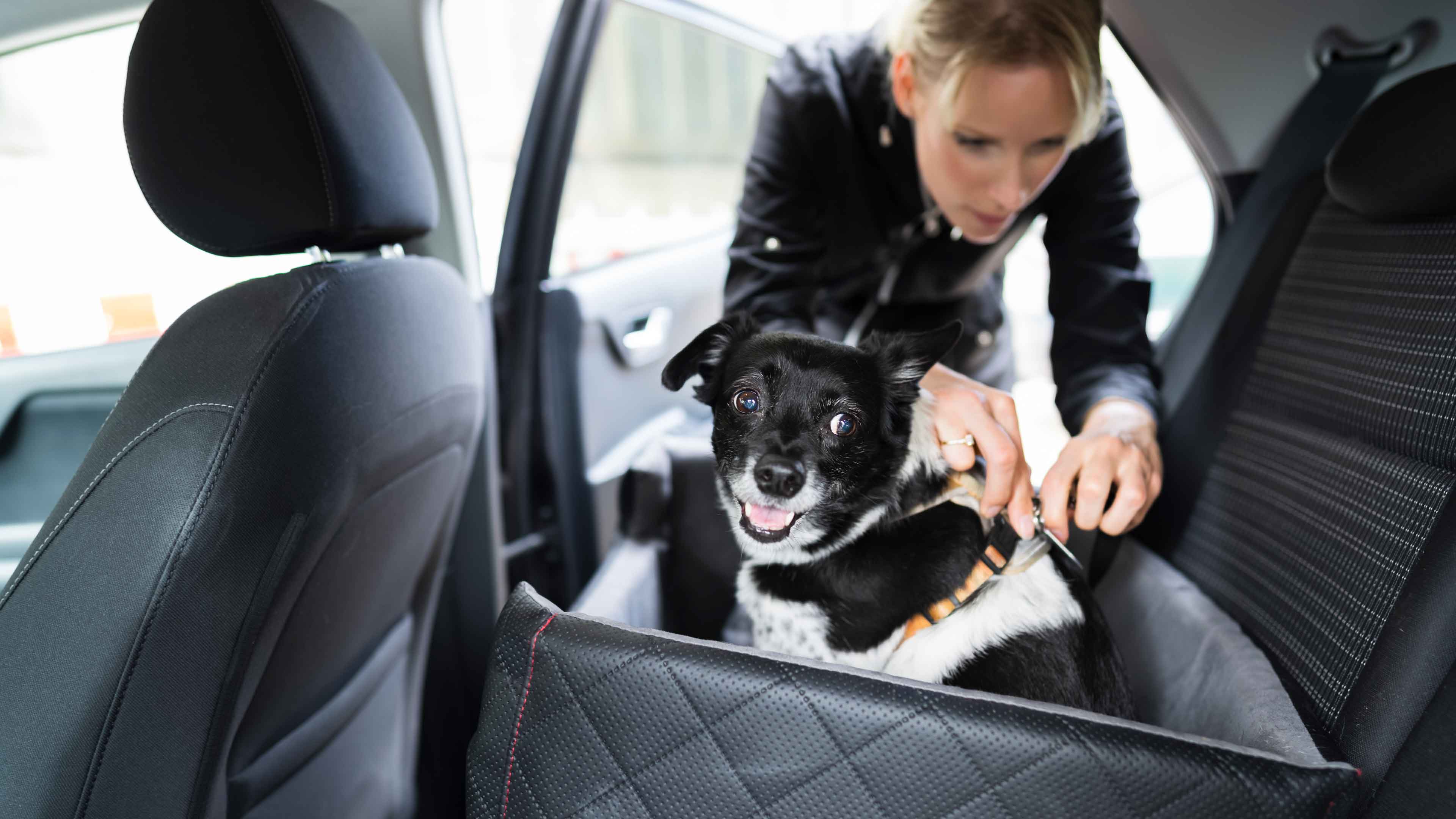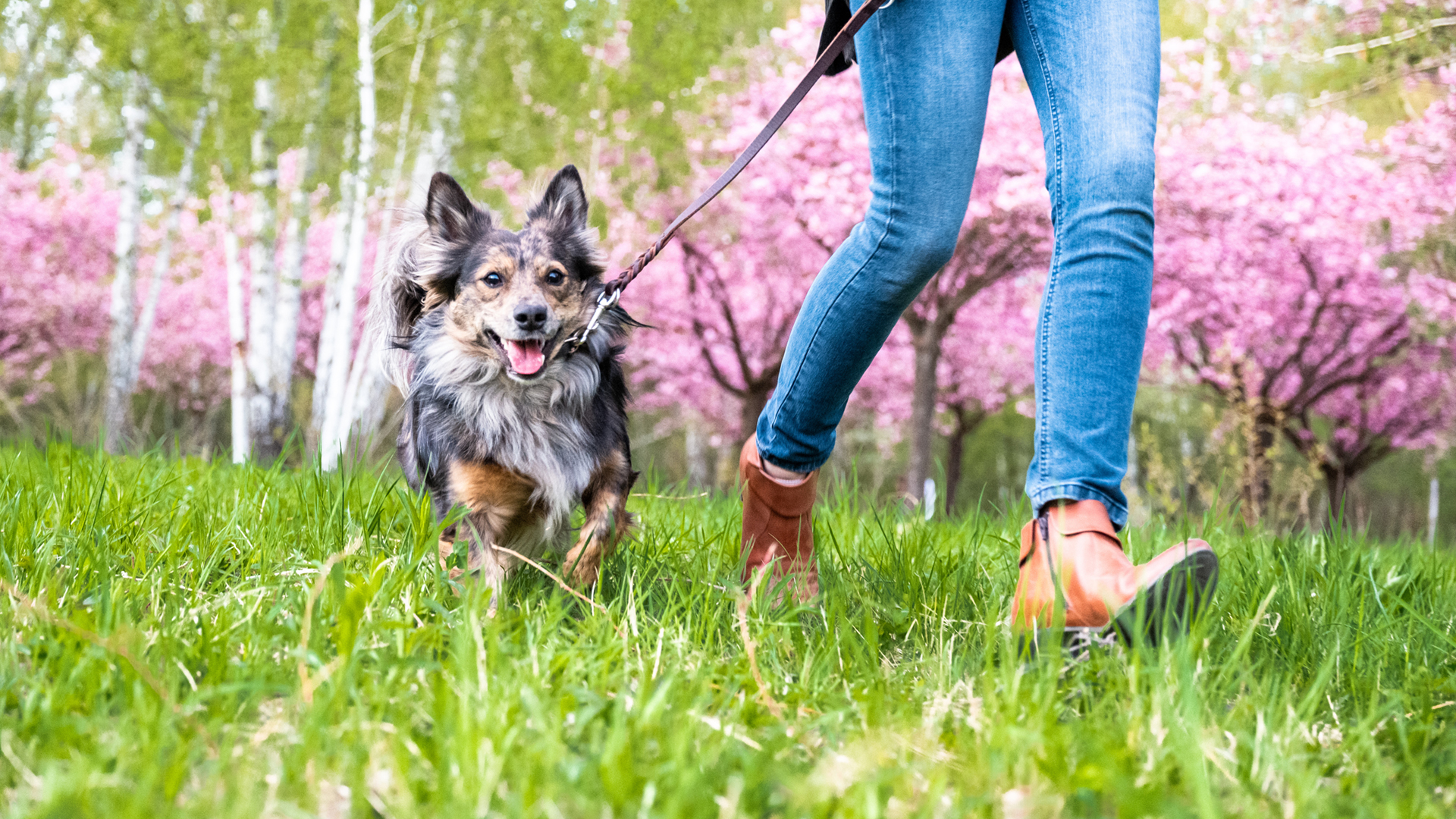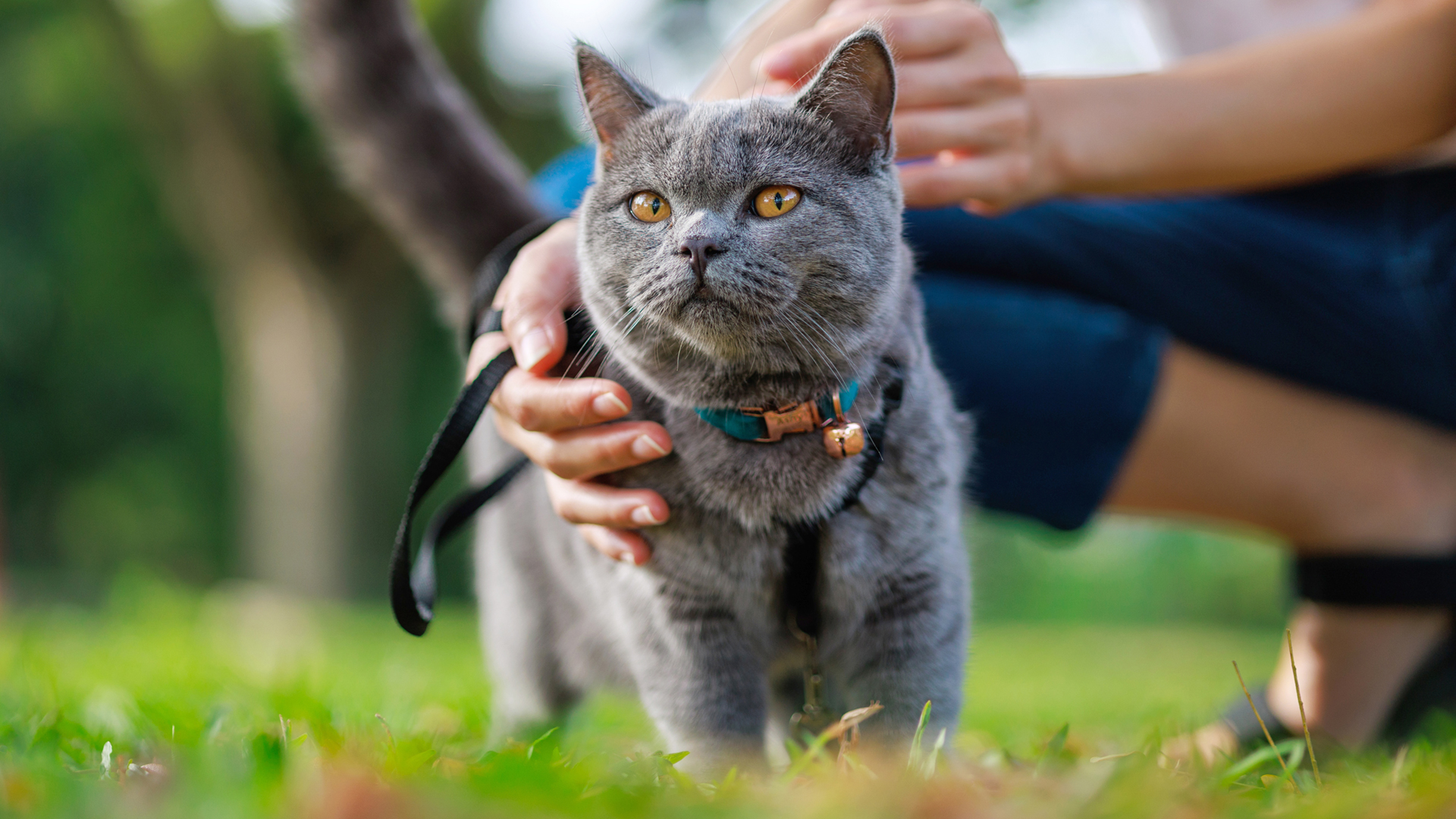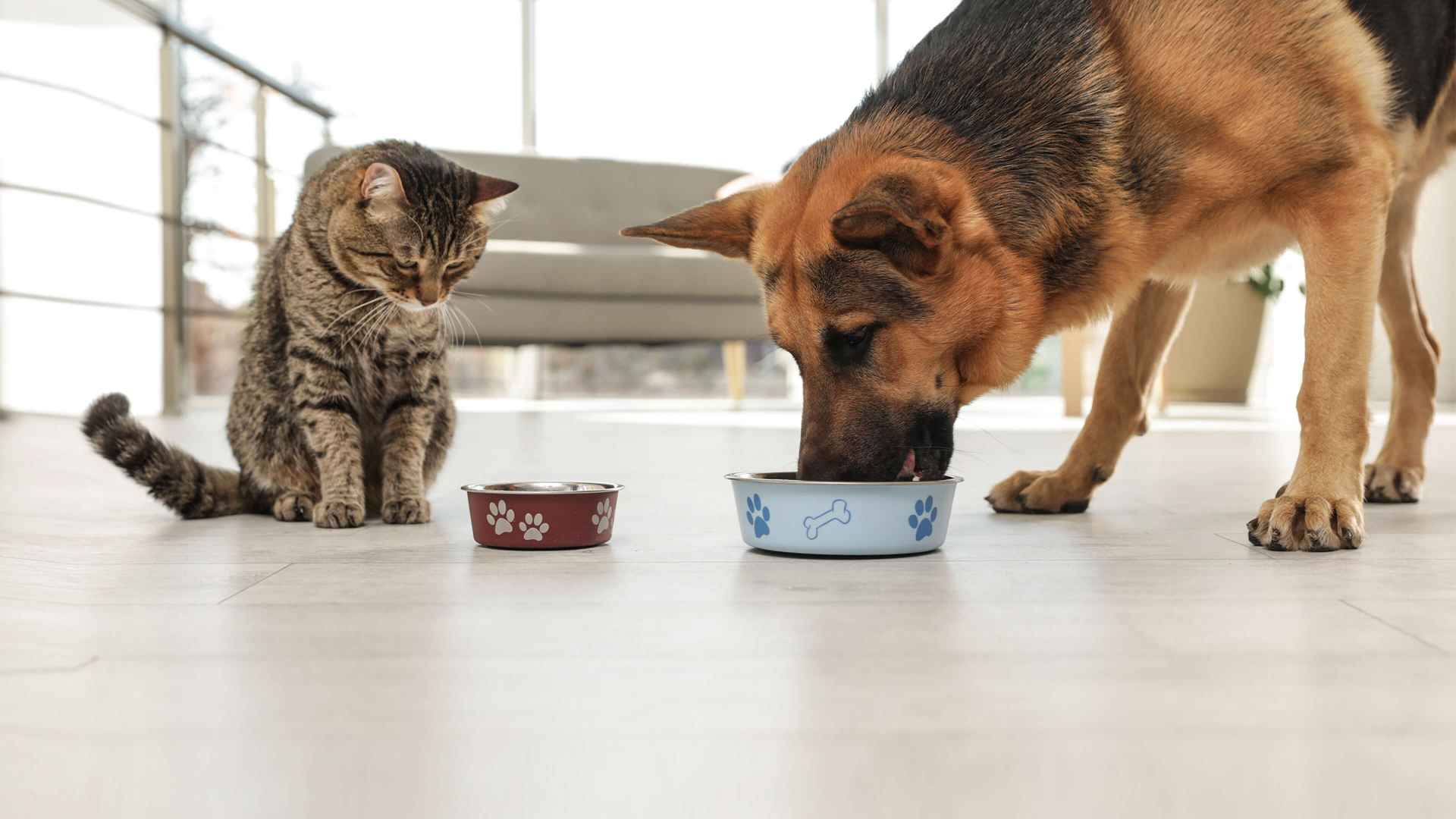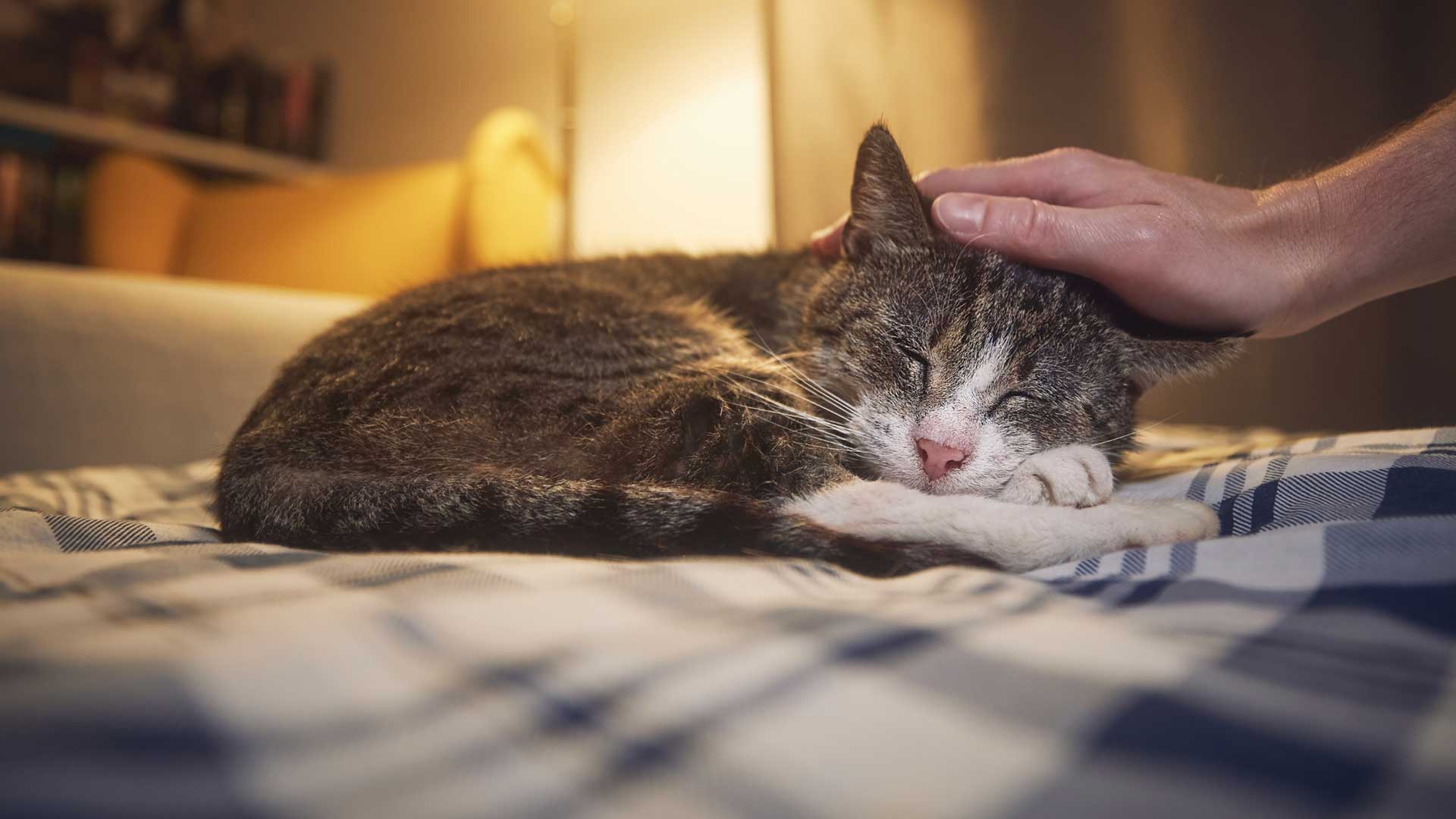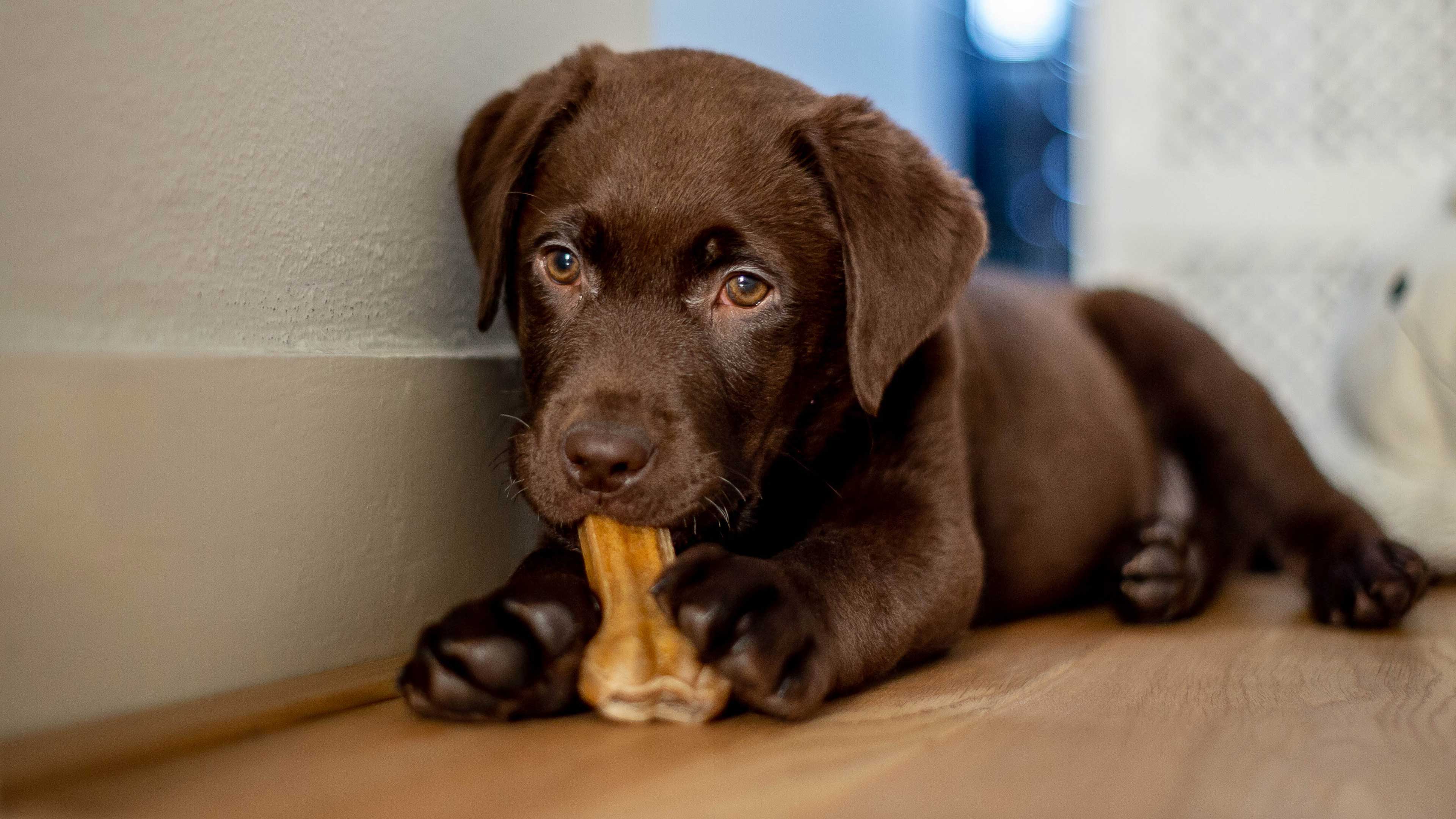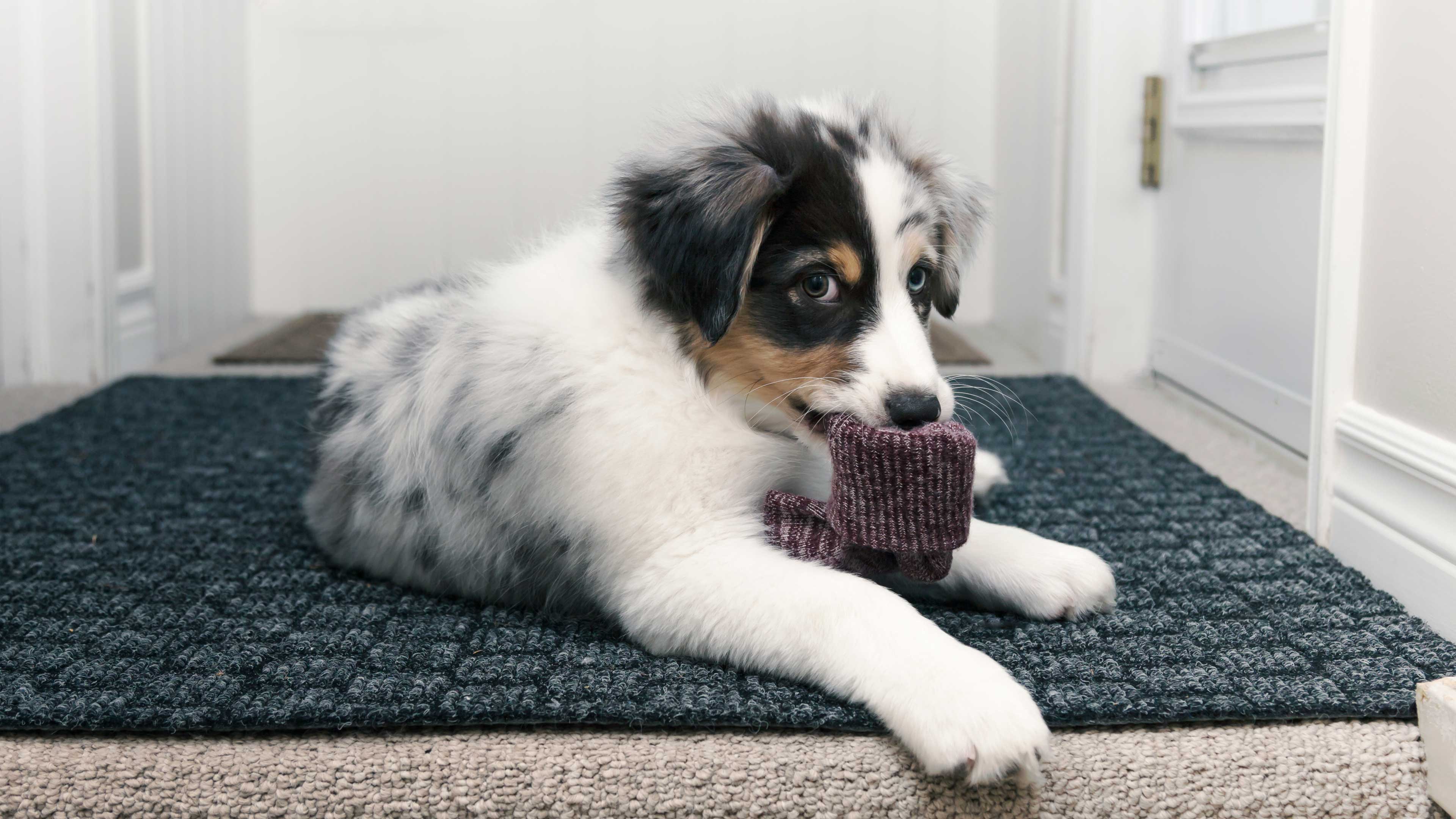here's what to know about GI distress in pets
Whether it’s the occasional accident on the living room floor, a midnight heaving session, or something more serious, tummy troubles are common with our furry friends. We’ll go through signs your pet is having a stomach issue and how you can partner with your vet to help. If you’re more of a visual learner or just want the quick facts, check out our video below.
How do you know if your dog has a stomach problem? What about your cat?
Common signs of stomach problems in dogs and cats are decreased appetite, vomiting, and diarrhea.
Other (perhaps less obvious) signs that your pet’s tummy isn’t feeling so great include:
- Weight loss
- Enlarged abdomen
- Lethargy
- Bad breath
- Gas
- Eating poop or grass
- Lackluster coat
- Worms in their stool
- Bloody stool
What are the main causes of upset stomach in dogs and cats?
There are lots (and lots) of things that can cause stomach issues in dogs and cats. Some of the most common causes are extra treats, table food, or a new diet. But stomach issues can also be caused by parasites, bacteria, and viruses your pet picks up from exploring the world.
What causes abdominal bloating and loss of appetite in pets?
Abdominal bloating can be caused by several things, including certain mealtime habits (like eating too quickly or only eating once a day), food allergies, an unhealthy weight, anxiety, or genetics.
If you notice bloating in your pet, please take them to the vet as soon as possible. Bloating can sometimes progress into a volvulus, where the stomach twists and requires immediate surgery.
A loss of appetite also has several causes, including mild stomach upset, certain medications, dental disease, or other serious illness.
If your pet is under 10 lbs. and has no interest in eating, please call your vet as soon as possible. If your pet is over 10 lbs. and has no interest in eating for more than 24 hours, please make an appointment with your vet. They’ll be able to help you figure out the cause and proper treatment plan.
How your vet will diagnose a stomach issue
If your pet is struggling with a probable stomach issue, the best thing to do is take them to the vet, who will do a physical exam along with assessing your pet’s medical history and current symptoms.
With so many possible causes for upset tummies, your vet will want to make sure that treatment addresses the right one. Depending on the specifics and severity of your pet’s problem, your vet will conduct diagnostic testing that may include fecal testing, blood work, and/or X-rays.
How to treat a dog with stomach issues?
Your pet’s treatment will be based on what’s found in the physical exam and diagnostic tests. Treatment might include anything from antibiotics, antiparasitic medications, or medications that prevent nausea, to IV fluids, hospitalization, and in some cases, surgery.
Your vet may even refer your pet to a specialist for more intensive, advanced, or overnight care.
How to help support your dog's or cat's digestive health
Wondering if your pet’s digestion is healthy? Just check out our blog entitled everything to know about your pet’s digestion (but were afraid to ask).
If you have any concerns, the best thing you can do for your pet is take them to the vet. Digestive issues can be due to a number of things, and your vet will be able to help you get to the underlying cause.
Avoid treating your pet with home remedies unless approved by your veterinarian. These are often ineffective and can even be harmful. Once your vet diagnoses your pet’s digestive issues, they’ll be able to recommend an appropriate treatment.
Bland diet for dogs and cats
When pets experience stomach issues, a common first step is feeding them a bland diet. Your veterinarian will make recommendations on the best plan for your individual pet, including the length of treatment, depending on the specifics of their health challenges and any other issues they might be dealing with.
For more info on mealtime, see our blog on four ways to improve your dog’s diet.
Quick tips on avoiding stomach problems
Unfortunately, you can’t always see what your pet gets into, but there are a few things you can do to help protect against stomach issues.
- Always give your pet access to clean water.
- Avoid feeding your pet people food.
- Make sure toxic foods and plants are kept far away from your pet.
- Stay up to date with your pet’s vaccinations and parasite prevention.
- Be consistent with your pet's food — don't change brands or types once you find something they do well with.
- Most pets (especially dogs) don’t need or seek to switch flavors the way people do.
- Some cats do crave different flavors and some high-quality foods include different flavors to help address this, but remember that a different flavor is not always the same as a different food.
- Avoid letting your pet drink from streams, lakes, or ponds.
- Clean your pet’s food and water bowls regularly with hot water.
- Keep garbage cans and food scraps out of your pet’s reach.
 Mites and mange
Mites and mange Podcast - Not Just Fluff
Podcast - Not Just Fluff
